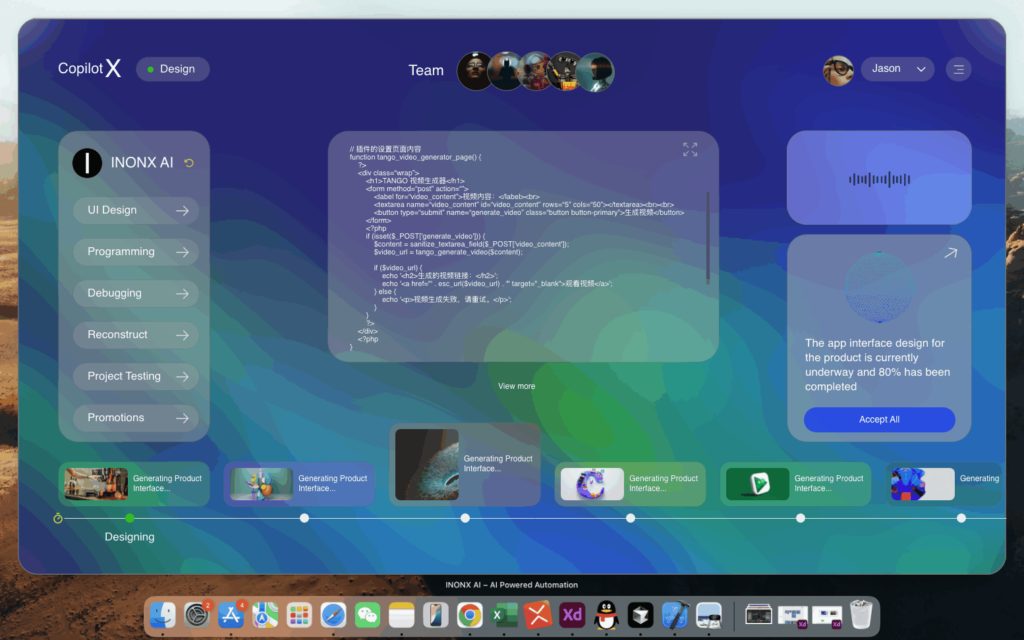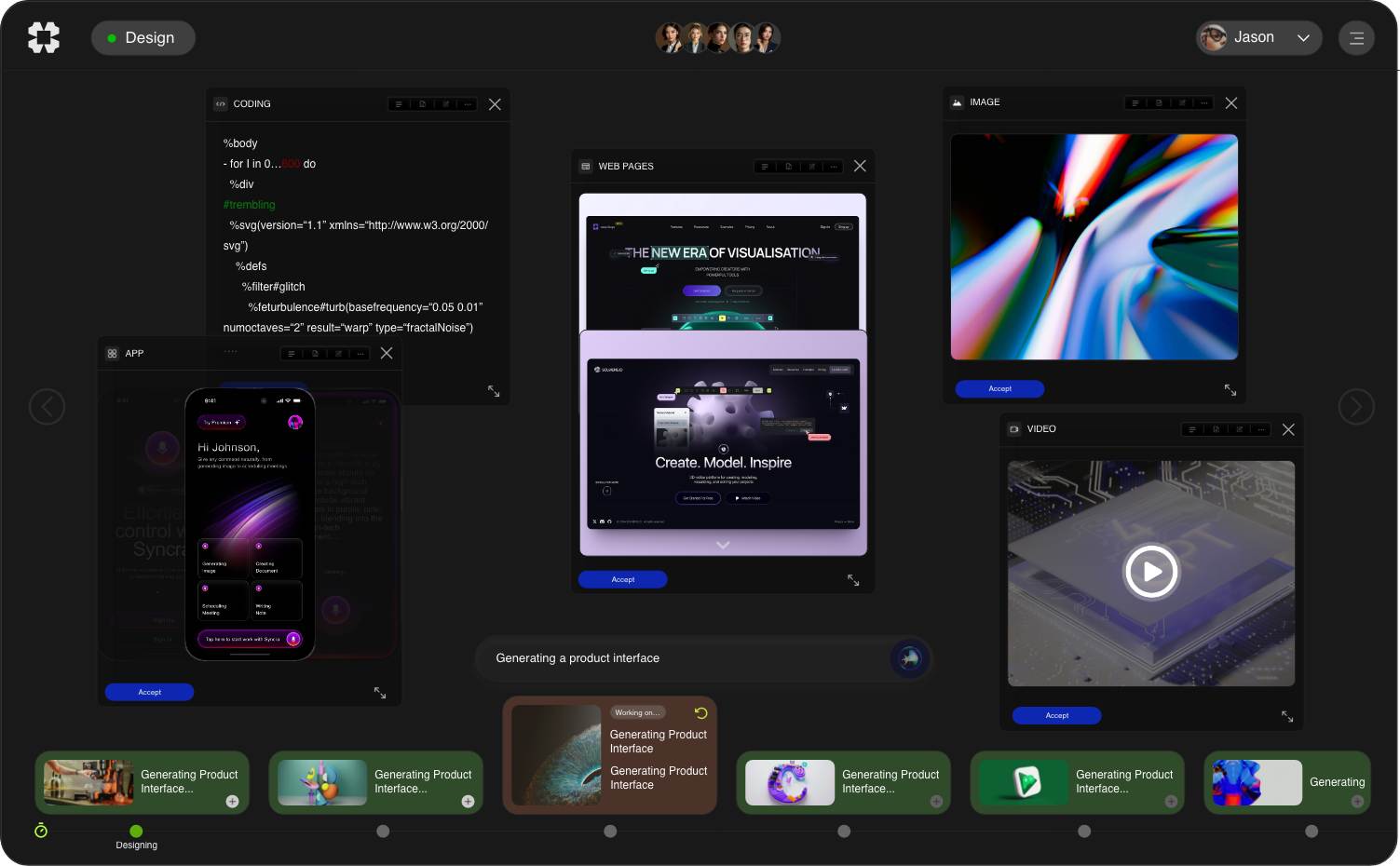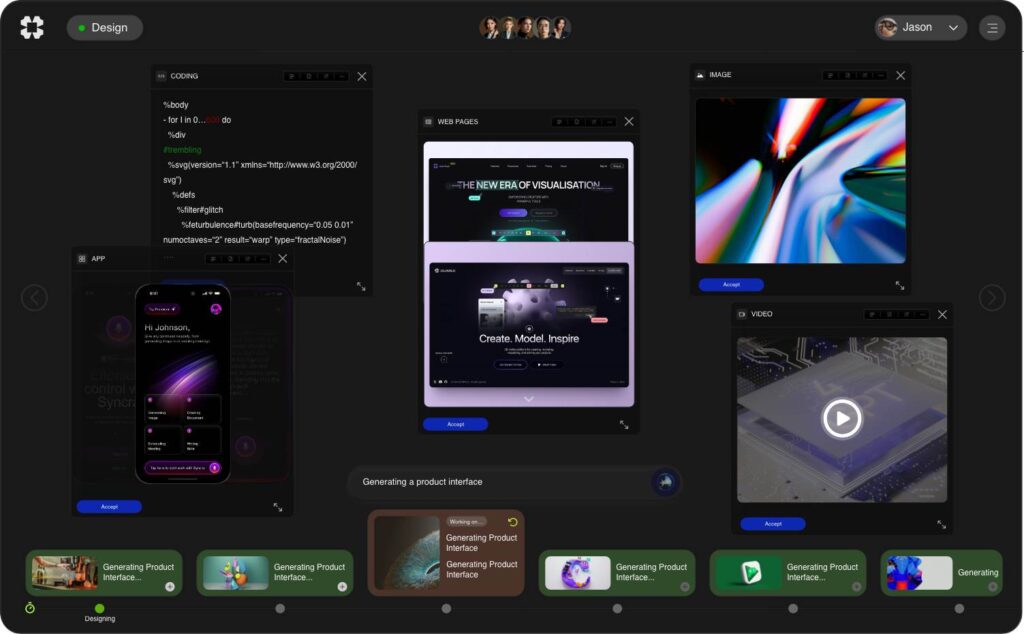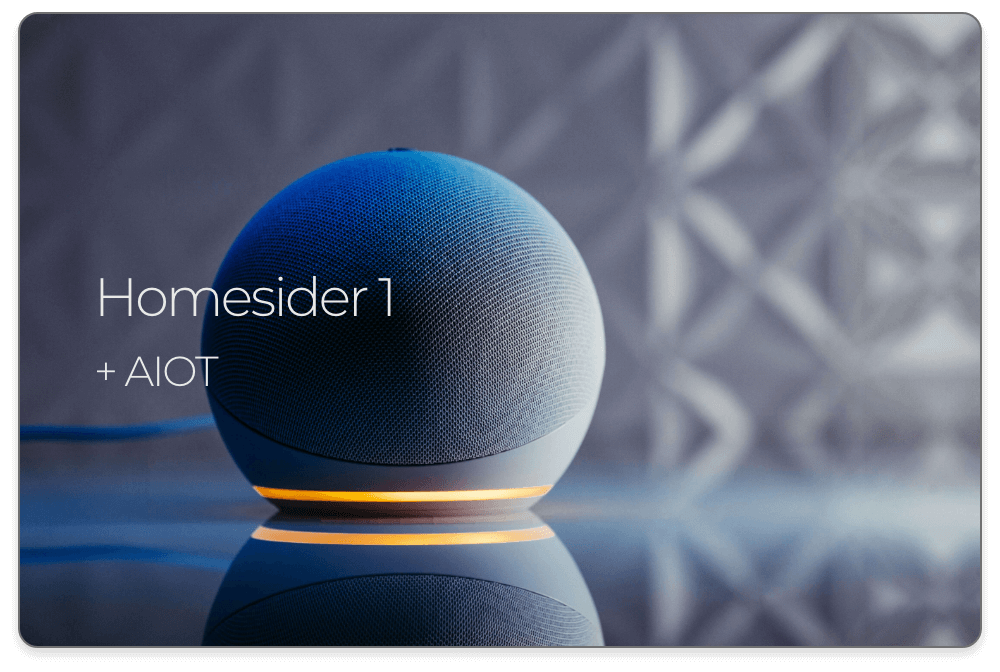Artificial Intelligence (AI) is revolutionizing various sectors, and education technology (EdTech) is no exception. The integration of AI into educational platforms is reshaping how students learn and educators teach. This article delves into the latest trends, solutions, and applications of AI in education technology, highlighting its profound impact on personalized learning, administrative efficiency, and student engagement.
AI in education technology is primarily focused on enhancing learning experiences through personalized content delivery. AI algorithms analyze individual student performance data to tailor educational materials that suit each learner’s unique needs. For instance, platforms like DreamBox Learning and Smart Sparrow employ adaptive learning technologies that adjust the difficulty of lessons based on real-time feedback from students. This personalized approach not only helps in addressing knowledge gaps but also keeps students motivated and engaged.
Moreover, AI-powered analytics tools are being used to assess student performance and predict outcomes. By analyzing vast amounts of data, educators can identify at-risk students early on and intervene with targeted support. For example, Georgia State University implemented an AI-driven advising system that uses predictive analytics to guide students through their academic journey, resulting in a significant increase in graduation rates.
In addition to personalized learning, AI is streamlining administrative processes in educational institutions. Tasks such as grading, scheduling, and enrollment management can be automated, freeing up valuable time for educators to focus on teaching. AI-based systems like Gradescope allow for efficient grading of assignments and exams, providing instant feedback to students. This not only enhances the learning experience but also reduces the administrative burden on teachers.
**AI in E-commerce: Revolutionizing Retail with Intelligent Solutions**
The e-commerce industry is experiencing a seismic shift thanks to AI technologies. From personalized shopping experiences to efficient supply chain management, AI is transforming how businesses operate and engage with customers. This section explores the latest trends and applications of AI in e-commerce, highlighting its role in enhancing customer experience and driving sales.
One of the most significant trends in AI-driven e-commerce is the use of recommendation engines. These algorithms analyze customer behavior and preferences to suggest products that are likely to interest them. Companies like Amazon and Netflix have perfected this model, leading to increased sales and customer loyalty. By leveraging AI, retailers can create tailored shopping experiences that resonate with individual customers, ultimately driving conversion rates.
AI chatbots are another game-changer in the e-commerce landscape. These intelligent virtual assistants provide real-time customer support, answering queries, and guiding users through the purchasing process. For example, Shopify’s AI-powered chatbot can assist customers in finding products, tracking orders, and resolving issues, all while providing a seamless shopping experience. This not only enhances customer satisfaction but also reduces the need for extensive customer service teams.
Moreover, AI is playing a crucial role in inventory management and demand forecasting. By analyzing historical sales data and market trends, AI algorithms can predict future demand for products, enabling retailers to optimize their inventory levels. This reduces the risk of overstocking or stockouts, ultimately improving profitability. Companies like Walmart and Zara are already using AI-driven analytics to streamline their supply chain operations, ensuring that they meet customer demand efficiently.
**AI-Based Chatbot Solutions: Enhancing Customer Engagement Across Industries**
AI-based chatbots are becoming increasingly prevalent across various industries, offering innovative solutions for customer engagement and support. These intelligent systems can simulate human-like conversations, providing instant responses to customer inquiries and enhancing the overall user experience. This section discusses the growing trend of AI chatbots, their applications across different sectors, and the benefits they offer.
One of the primary advantages of AI chatbots is their ability to provide 24/7 customer support. Unlike traditional customer service representatives, chatbots can handle multiple inquiries simultaneously, ensuring that customers receive immediate assistance regardless of the time of day. This is particularly beneficial for businesses operating in global markets, where customer queries may arise at all hours.
In the banking and finance sector, AI chatbots are being used to streamline customer interactions. For instance, Bank of America’s Erica is an AI-powered virtual assistant that helps customers manage their finances, track spending, and make payments. By providing personalized financial advice and support, Erica enhances customer satisfaction and loyalty, demonstrating the potential of AI chatbots in the financial industry.
In the healthcare sector, AI chatbots are improving patient engagement and access to information. Chatbots like Buoy Health and Ada Health can assess symptoms, provide medical advice, and even schedule appointments, making healthcare more accessible to patients. By reducing the burden on healthcare professionals and improving patient communication, AI chatbots are transforming the way healthcare services are delivered.
Furthermore, AI chatbots are being utilized in the travel and hospitality industry to enhance customer service. Companies like Expedia and Hilton have implemented AI-driven chatbots to assist customers with booking, itinerary changes, and answering frequently asked questions. This not only improves the customer experience but also allows businesses to operate more efficiently by automating routine inquiries.
**Conclusion: Embracing the Future of AI in Education, E-commerce, and Beyond**
The integration of AI into education technology, e-commerce, and various industries is reshaping the way we interact with technology and each other. From personalized learning experiences to efficient customer service solutions, AI is driving innovation and improving outcomes across sectors. As organizations continue to embrace AI technologies, the potential for enhanced efficiency, engagement, and satisfaction will only grow.
In education technology, AI is paving the way for personalized learning and administrative efficiency, enabling educators to focus on what truly matters: teaching. In e-commerce, AI is transforming the retail landscape, providing tailored shopping experiences and optimizing supply chains. Meanwhile, AI-based chatbots are enhancing customer engagement across industries, offering instant support and improving communication.
As we look to the future, it is clear that AI will continue to play a pivotal role in shaping our world. By harnessing the power of AI, organizations can unlock new opportunities, drive innovation, and create a more connected and efficient society. The journey has just begun, and the possibilities are limitless.
**Sources:**
1. Luckin, R., et al. (2016). Intelligence Unleashed: An Argument for AI in Education. Pearson.
2. Chaffey, D. (2022). Digital Marketing: Strategy, Implementation, and Practice. Pearson.
3. KPMG. (2020). Chatbots in Banking: The Future of Customer Engagement.
4. Deloitte. (2021). AI in E-commerce: How Artificial Intelligence is Transforming Retail.
5. McKinsey & Company. (2023). The Future of AI in Education: Trends and Insights.

























